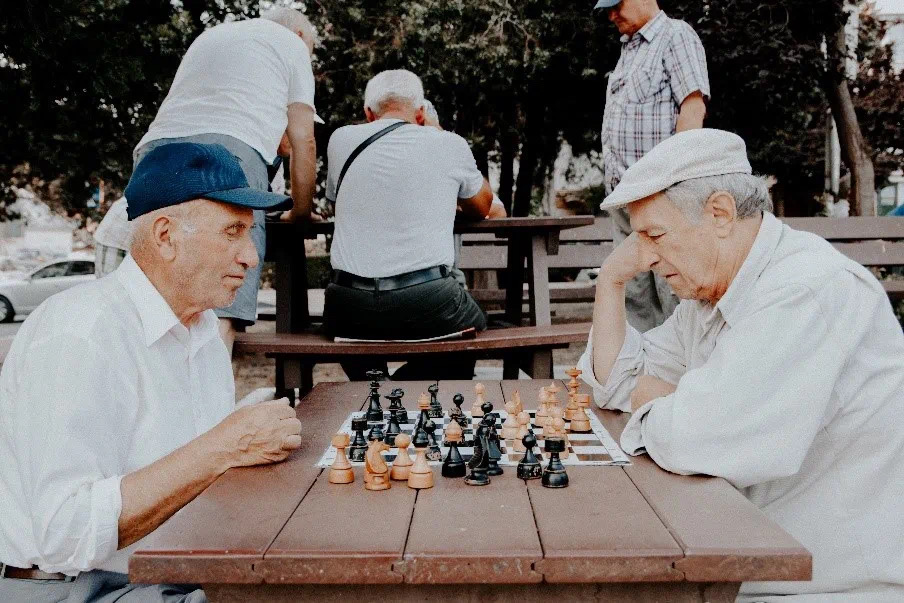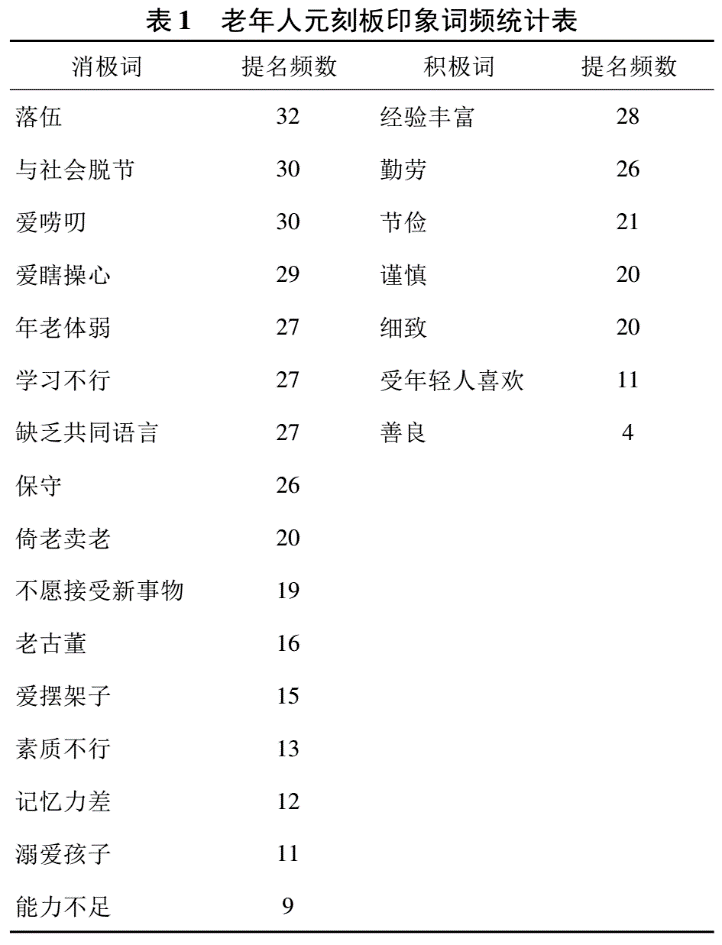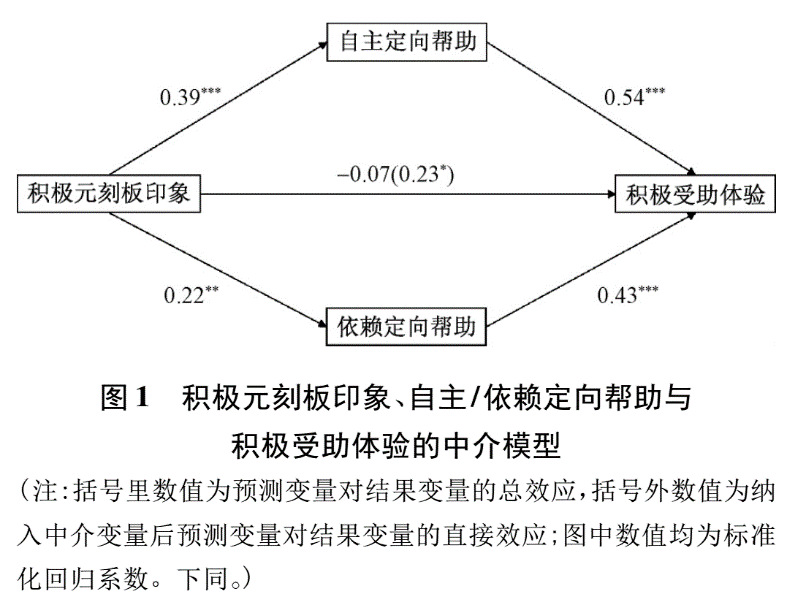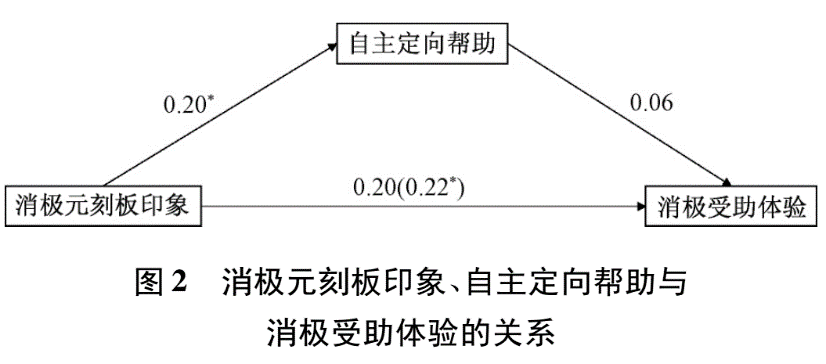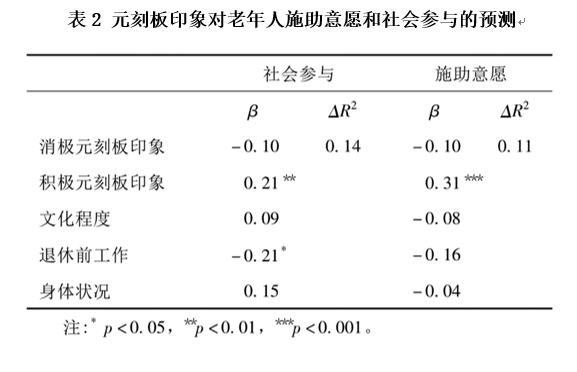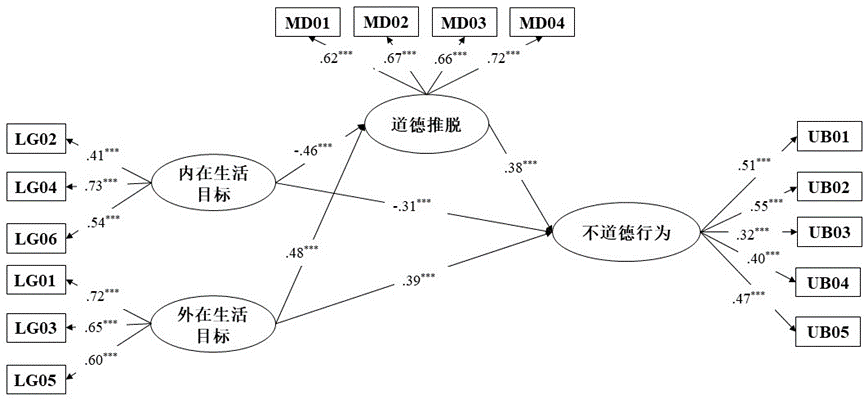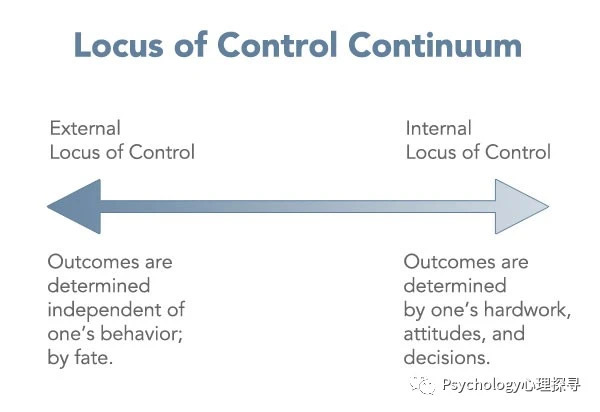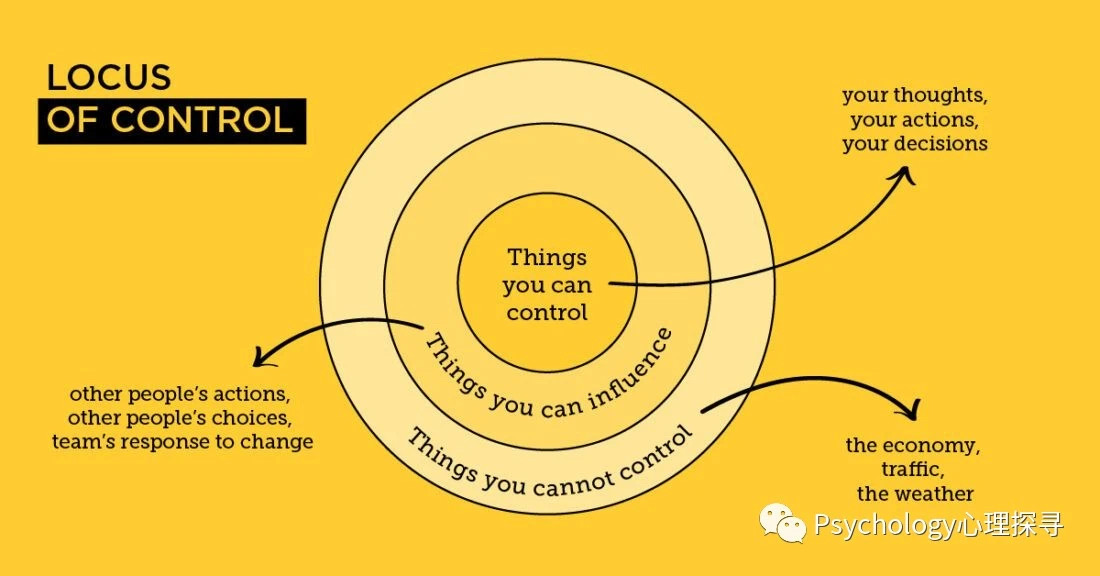You spend a lot of time trying to figure out what others are thinking.
你花很多的时间去琢磨别人会怎么想。
You ask yourself why you have certain thoughts, and tend to believe that all thoughts happen for some purpose or reason.
你会问自己为什么会产生特定想法,而且你常常认为所有想法的产生都是有目的或原因的。
You assume that all of your emotions happen for good reason and then respond accordingly, avoiding things whenever you feel anxious or fearful, punishing yourself whenever you feel guilty, lashing out at others whenever you feel angry.
你认为自己的所有情绪都是有正当理由的,然后任由该情绪支配你的行为。当你感到焦虑或恐惧时,你会选择回避事物,当你感到内疚时,你会惩罚自己,当你感到愤怒时,你会发泄在别人身上。
You focus a lot of attention on negative thoughts you have about yourself.
你将很多注意力集中在关于自己的负面想法上。
You review incidents from the past over and over again with no productive outcome.
你一遍又一遍徒劳无益地回想过去发生的事件。
You spend a lot of energy trying to remove doubt and uncertainty from situations that are unavoidably uncertain.
面对不可避免地充满不确定性的情形时,你会花很多精力试图消除怀疑和不确定性。
You try to mentally “figure things out” that can’t really be figured out.
对于无法有明确答案的情形,你会试图想要去“想明白”。
You worry about circumstances that can’t be changed, or at least can’t be changed by any mental activity on your part.
对于无法改变,或者至少无法因为你的任何思维活动而被改变的情形,你会忍不住心怀忧虑。
You focus on rigid, inflexible thoughts about a situation that only make you more upset.
对于某一情形,你大脑中充斥着僵化/固化的想法,而且这些想法只会让你更加不悦。
In general, you spend a lot of time trying to control your mental experience, trying to get rid of, or avoid, thoughts and feelings you don’t like.
整体而言,你花大量时间试图控制你的思维,试图摆脱或回避你不喜欢的想法和感受。
If any of these sound familiar, you may be spending too much time in your head. But rest assured there’s hope. You can learn to direct your attention towards other parts of life.
如果上面任何一条让你感到听起来耳熟,那么你可能就习惯长时间活在自己的脑海中。但不要担心,这并非无可救药。你可以学着将自己的注意力转移到生活的其他方面。
Sometimes people get stuck living in their head rather than taking part in the life going on around them.
有时人们会困在自己的大脑中,而非参与现实生活。
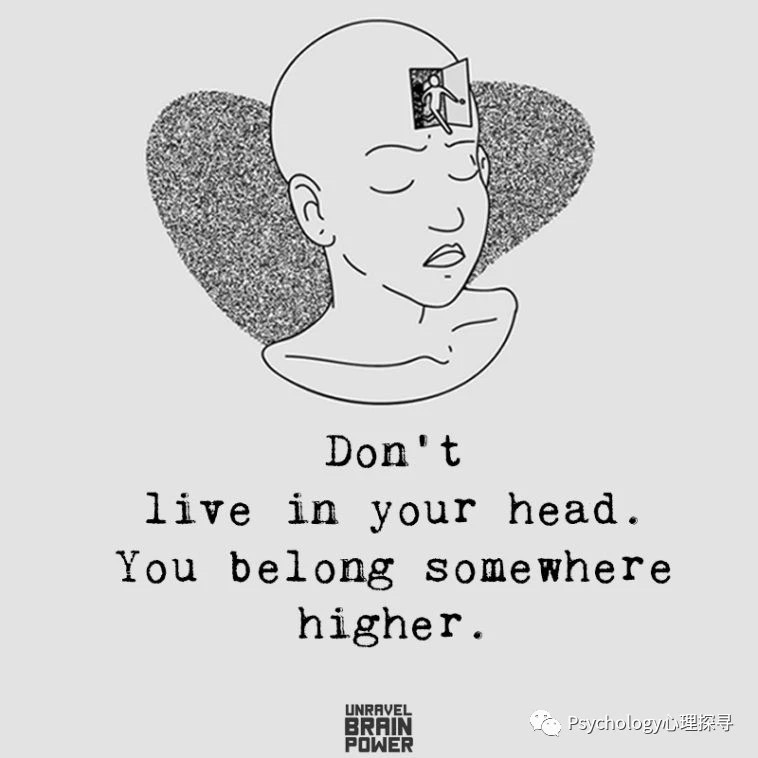
And chances are pretty good that you find it to be a problem if you’re reading this article.
而且,如果你在读这篇文章,那么很可能你自己也存在这种问题。
You may find that you are missing opportunities, dwelling in anxiety and depression, or not progressing in your life as you want to be. Living inside your head creates difficult challenges for your life because you’re not as engaged as you need to be.
“Living in your head” can mean a couple of different things.
你可能发现自己在让各种机会白白溜走,自己沉溺于焦虑和抑郁中,或者人生并没有按照自己想要的方向进展。活在自己大脑中,会为你的人生造成很多困难,因为它会让你无法正常参与现实生活。“活在自己大脑中”,有不同的表现形式:
The first is “maladaptive daydreaming.” Maladaptive daydreaming is when a person uses their daydreams to escape an uncomfortable reality that they may be experiencing. It’s a habit that is often formed in childhood to cope with abuse or neglect. The child can’t stand up to their abuser head-on, change their situation, or force the abuser out of their life, so they escape into their daydreams. The problem is that it doesn’t just turn off as they get older. Instead, it becomes an unhealthy coping skill that can keep them from being present and engaged in the moment.
第一种是“适应不良型白日梦”。这是指一个人用白日梦的方式逃避他们可能正在经历的,但令他们感到不适的现实。这是一种通常在童年时期为了应对虐待或忽视而形成的习惯。当一个孩子无法正面应对虐待自己的人,无法改变客观情形,或者无法强迫施虐者离开自己的生活,他们就会躲避到自己的白日梦中。但问题是,这种习惯并不会随着他们年龄增大而停止,相反,这种种习惯会变成一种不健康的应对机制,让他们逃避现在,从当前时刻中抽身而退。
The second meaning is when people find themselves regularly trapped in their thoughts. For example, a person with anxiety may find that they are constantly worrying about what might happen in the future. They agonize over all the details, all the what-ifs, and try to make sense of the bad things that might happen in the future.
This can also be a problem for people with depression who may not necessarily be looking forward to anything because, y’know, depression. Instead, they may spend their time pining for a better past that is already gone. They may find themselves thinking more about times when they were happier and doing better.
第二种表现形式是,发现自己经常被困于自己的念头之中。例如,一个患有焦虑的人可能发现自己在不断担忧未来。各种细节/各种“如果”,都让他们痛苦不已,而且他们会一心想要想明白未来可能发生的坏事情。抑郁症患者也可能如此,但他们可能并不一定是期待着未来什么事情,因为,你知道的,抑郁嘛。但他们可能会不断去缅怀已经逝去的某段更美好时光。他们可能会发现自己不断在回想曾经自己更快乐/更成功时的那些时光。
There are a couple of significant problems with living in your head. Daydreaming your life away, agonizing over the future, or wishing for the past keeps you from living your life in the present where life is currently happening. You can’t predict the future nor change the past. Instead, you need to engage in the present to create the kind of life you want for yourself.
活在自己大脑中,会造成多种严重问题。在白日梦中虚度人生,徒劳无益地担忧未来,希望往昔时光重现,这些都会让你无法活在当下,无法活在现实人生之中。你无法预测未来,无法改变过去,而且,你需要参与现在,才能够为自己创造自己想要的人生。
The other problem is that your thoughts are a closed loop. You aren’t gaining new information when you obsessively think about your life and situation. There comes a point where mindful consideration turns into unhealthy rumination where you are just going over and over the same thoughts. All that does is hurt you, stress you out, and make it harder to deal with whatever it is you’re trying to find an answer to.
None of this is exactly new or ground-breaking information. In fact, you’ll find that there are plenty of philosophies, religions, and belief systems that are looking for the answer to ground your mind in the present. That’s because living in your head is a problem that many people face now, then, and in the future.
另一个问题是,我们的思维是一个闭环。如果你只是钻牛角尖般地反复想着自己的生活和情形,那么你就无法获知新信息。这样下去,健康的正念思考就会变成不健康的思维反刍,你的大脑中只是在不断反反复复想着那几个念头。这种情况唯一的作用就是伤害你,让你精疲力尽,让你更难应对自己想要解决的问题。
严格来说这里并没有什么新理论,开创性信息,实际上,你会发现有很多哲学理念/宗教和信念体系都在寻找如何让思维聚焦于当下。这是因为,活在自己大脑中,是当前很多人都在面对,而且未来很多人都会面对的问题。
The good news is that there are ways to deal with this problem, get out of your head, and get grounded back into the present. The bad news is that it will require time and effort. It may be a bigger problem than just trying to exert control over your thoughts. You may need to work on your trauma or get your mental health under control before doing it effectively.
好消息是,这一问题是有应对方式的。这些方式可以让我们跳脱出自己的大脑,重新回到当下和现实。但坏消息是这会需要时间和精力。这并不仅仅只是控制自己的想法,想要有效解决,你可能还需要处理自己的暴脾气,或者控制自己的精神健康状态。
Still, you may find some relief in these different methods of addressing the problem.
但以下几种不同的解决方法可能会给你带来一些帮助。
1.Practice grounding techniques.
练习“着陆”技巧
Grounding techniques are often used to help people through acute mental health problems. For example, an anxiety or panic attack can be overwhelming and cause your mind to roam into extremes. The idea is to get one’s thoughts back into the present and grounded back into reality.
“着陆”技巧通常被用于缓解急性精神健康问题。例如焦虑或恐慌发作可能会让人失控,让大脑游走向极端。这一技巧旨在将人的思维拉回当下,着陆于现实之中。
These same techniques can be helpful for people who find themselves lost in their own thoughts or daydreaming their life away.
对于迷失在自己思维中或在白日梦中消耗掉人生的人而言,同样的技巧也会产生帮助。
【5-4-3-2-1】
There’s a simple grounding technique called 5-4-3-2-1. When you realize that you’re not in the present moment, do the following:
有一个简单的着陆技巧,叫做5-4-3-2-1.当你发现你没有聚焦于当下时,做以下步骤:
– Acknowledge 5 things that you can see.
– Acknowledge 4 things that you can touch.
– Acknowledge 3 things that you can hear.
– Acknowledge 2 things that you can smell.
– Acknowledge 1 thing that you can taste.
找出可以看到的5样东西;
找出可以摸到的4样东西;
找出可以听到的3样东西;
找出可以闻到的2样东西;
找出可以尝到的1样东西;
This technique forces your mind off of the harmful track that it is on. Unhealthy and anxious thought processes often roll forward like a train. It’s pretty easy to stop a train when it’s just starting to take off from its station. The train is slow-moving and doesn’t have any momentum built up yet. But, if the train is allowed to keep going, it will speed up and gain momentum, making it far more difficult to stop.
这一技巧可以将你的思维从当前有害轨迹上拉开。不健康或焦虑思维流程通常如火车一般咆哮前行。当火车刚驶离车站时,尚可被较为轻松地停止。刚开始,火车还行驶缓慢,而且还没有形成任何势能。但如果任火车前行,它就会提速,越来越快,难以停止。
Unwell thoughts are much the same. Grounding techniques help disrupt the momentum those thought processes are building up. They help stop those thoughts before they spiral into something that can’t be easily controlled or stopped.
不良念头很大程度上也是如此。着陆技巧可以扰乱这些念头的增长之势,可以在早期停止这些念头,避免其愈演愈烈变得失控。
2.Learn to accept what you can’t control.
学会接受无法控制的事物
Many people who live in their heads are trying to control a situation they have no control over. They may constantly overthink because they try to rationalize their way around an inherently irrational situation.
很多活在自己大脑中的人都试图控制自己无法控制的情形。他们可能会不断过度思考(想得太多),因为面对本质上毫无理性可言的情形,他们会试图找出一个看似合理的理由去避免直对这种情形。
For example, people. Why did this person do this? Why did this person do that? Why did they treat me this way? Why didn’t they do the right thing?
And really, the answer is very simple. Human beings are emotional creatures who often do things as a knee-jerk reaction to whatever emotions they are experiencing. And a lot of times, it’s just not rational or logical.
例如,人。为什么这个人要做这个?为什么这个人要做那个?为什么他们这样对待我?为什么他们不选择正确的做法?
实际上,这个答案很简单。人类是情绪化动物,行为通常像是对所经历情绪所做出的本能反应。而且,很多时候,这些反应并不理性,并不符合逻辑。
It just is what it is. They did a thing, not because they considered how it would affect other people around them, but because they felt an emotion and reacted to that emotion.
事实就是这样。他们做一件事,并非他们思考到了这会对周围人造成怎样的影响,而是他们感受到了某种情绪,并对这种情绪做出了反应。
The same could even be said for people who live in their heads. Whatever they experience causes an emotional reaction, so they retreat into their mind to think about it or daydream their way around it instead of dealing with the problem or letting it go.
活在自己大脑中的人甚至也同样如此。无论何种经历,都会带来某种情绪反应,因此,他们撤退到自己大脑中去不断想着这件事,或通过白日梦的方式躲避这件事,而非直面问题,或彻底放手。
And sometimes, the situation isn’t that personal. Let’s say Gerald applies for a job that he really wants. It’s his passion in life, what he studied for, his absolute dream job. And he can’t stop thinking about it. Did he make any mistakes on his resume? Did he fill out the application correctly? What if they don’t call back? What if he doesn’t get hired? If he did get hired, this would be life-changing! He could afford to do the things that he wanted to do! He could have the kind of life that he wants to have! Everything could turn out so much differently! If only…
而有时,某些情形并非像上面所说的一样与具体个人相关。比如,Gerald申请了一份自己很想要的工作,这是他毕生热忱,毕生所学,终极理想工作。他满脑子都是在想这件事。他简历上有没有错误?他申请表有没有填写正确?如果对方不给他回复怎么办?如果他不被录用怎么办?如果他能够入职,那将为他的人生带来改变。他将能够买得起自己想要的东西、能够拥有自己想要的生活。一切都将发生翻天覆地的变化!如果…..就好了!
But hey, Gerald needs to slow his roll. It’ll likely be weeks before he hears anything back about the job. Gerald can more effectively use his time doing literally anything other than agonizing over the future. Whether he gets the job or not is entirely outside of his control. He needs to set that aside and focus more on his present until he hears back from the employer.
但,嘿,Gerald需要缓一缓。距离得到回复可能要数周时间。把这段时间花在其他任何事物上,都比这样担忧未来要有效。无论他能够被录用,在收到雇主回复前,他都需要把这先放在一边,把更多注意力聚焦在当下。
3.Work on observing your thoughts.
学会观察自己的想法
The idea behind observing your thoughts is to separate your thoughts from immediate emotional reactions.
之所以要观察自己的想法,是为了将想法与即时产生的情绪反应区分开来。
For example, let’s say someone insults you for no reason. You’re on the job, and someone who is clearly having a bad day gets mouthy with you about something that’s entirely out of your control. The knee-jerk reaction to being insulted is often defensiveness.
例如,比如说,有人毫无理由地辱骂了你。你在正常工作,一个很明显今天过得不顺心的人因为某件完全不在你掌控范围内的事对你大放厥词。被辱骂的第一反应,通常是防御辩护。
This person is attacking you, so you need to dig in and prepare to defend yourself. Right? Your immediate reaction may be to fire back at that person angrily. After all, how dare they come at you when you’re just trying to live your life and do your job? How dare they assume they can just come out and attack you for no reason at all? You have to stand up for yourself! You can’t be a doormat! That’s what everyone says, at least.
对方在攻击你,所以你需要坚定立场,准备捍卫自己。对吧?你的第一反应可能是愤怒回怼。毕竟,你只是在过自己的生活,做自己的工作,他们为什么竟敢针对你?他们为什么竟敢觉得可以毫无理由地攻击你?你需要捍卫自己!你不能做个包子!最起码,每个人都这么说。
But there is a choice there. You see, standing up for yourself doesn’t necessarily mean that you need to get angry and fire back. That can easily escalate a situation into something unmanageable. And escalating a person who doesn’t have the social acumen to act that way can be a questionable thing. What if they’re unstable? What if they’re high? What if they are somehow impaired in their ability to make the right decisions at the moment? Confrontation can escalate into violence, and no one wins.
但这里是存在选择的。你看,捍卫自己并不一定就代表着愤怒回怼。这很容易升级为一种不可控的情形。而且,将一个不具备足够社交能力的人的行为升级恶化,这的确有待商榷。如果他们不稳定怎么办?如果他们正处在吸毒吸嗨的状态怎么办?如果他们当下正确决策的能力受损怎么办?对峙会升级为暴力,而这种情形下,没有一方会是赢家。
Instead, we may need to take a few seconds to consider the situation before proceeding. Okay, this customer is angry and acting like a jerk. You can feel yourself getting angry because you’re being mistreated, but what are you going to do with that anger? Are you going to immediately throw it into the conflict? Or, can you instead just let yourself feel angry, but deal with the person to get them on their way?
与之相对,我们可能需要花几秒钟时间先思考这一情形。好的,这位顾客很愤怒,而且像个傻B。你能感到自己变得愤怒,因为你被欺负了,但你可以如何应对这一愤怒感呢?你是会立即让它给当前冲突火上浇油呢?还是允许自己感到愤怒,同时合理应对这一顾客,让他离开呢?
To observe your thoughts is to not jump straight onto them and ride them to where they are going. Instead, a really easy thing you can do is just to wait about 10 seconds and think about what you’re feeling before you decide to do something.
观察自己的想法,并非直接跳到它们身上,任由它们驮着前往它们前行的方向。一个很简单的方法是,等待大概10秒钟,思考自己的感受,然后再决定自己要做什么。
In the context of living in your head, you may have this wave of anxiety and discomfort coming at you, but you may or may not be able to choose what you do with those emotions. You can dive into them and be pulled along by them, dwelling on all the possibilities and things that can go wrong. Or you can avoid doing that by involving yourself in a more present, positive coping skill.
当你活在自己大脑中时,有时可能会有一阵阵的焦虑和不适感如海浪般向你席卷而来,但你可能会,也可能无法选择如何应对这些情绪海浪。你可以一头潜入其中,随波逐流,钻牛角尖地反复想着各种可能出现的糟糕情形。也或者,你也可以选择某种更聚焦于当下,更积极的应对方法,从而避免上述情形。
One simple strategy that I personally use is a puzzle book. When I would feel those emotions trying to pull me away, I would sit down and do sudoku puzzles until the strength of the feelings had subsided more. So get yourself a word search, crossword, or sudoku puzzle book from the grocery store and focus on those when you find yourself getting pulled deep into your thought space.
当前我个人采用的一个简单技巧,是益智书。当我感到这些情绪试图将我裹挟而去时,我会坐下来,做数独题,直到这些感受缓和下来。所以,从商店买一本找词/猜词/数独题书,当你觉得正在被卷入情绪世界时,用这些题目来转移自己的注意力。
4.Talk it out with a supportive person.
与一位支持者充分谈论这一情形
I specifically chose the words “supportive person” because some people aren’t in a place where they have friends or loved ones to lean on at the moment. You may also be surrounded by unhealthy people who can worsen the problem. Supportive people can be friends or loved ones, but they can also be members of a support group or a therapist.
我特意选择了这个词“支持者”,因为一些人当时可能并没有可以依赖的朋友或所爱之人。你身边可能还环绕着只会让问题恶化的有害人群。支持者可能是朋友或所爱之人,但也可以是支持小组中的成员或心理师。
The idea behind talking the situation out is to get yourself out of circular thinking. A person living in their head, absorbed in their own thought processes, will find themselves going in circles. It’s inevitable because you’re going to be thinking about the things that you already know or what you’re worried about.
之所以要与人彻谈某一情形,目的是为了把你从环形思维中拉出来。活在自己大脑中的人,沉溺于自己的思维流程,会发现自己在不断转圈。这是不可避免的,因为你思考的都不过是你已经知道的,或者你正在担忧的事情。
Talking to another person helps disrupt that process because they can get you reoriented in a more forward direction. So it’s helpful to have another person say, “Okay, you already addressed that. Let’s get back on track.” That can be extremely helpful for training your brain to change directions when you need to.
This type of conversation will help you process the situation rather than ruminate and think in circles.
与另一个人交谈,可以阻断这一流程,因为他们可以将你调整到一个更偏向于前方的方向。因此,如果有人跟你说:“好的,你已经考虑过那件事了,现在让我们回到轨道上来。”这会对你很有益。这极其有利于训练你的大脑在需要时具备调整方向的能力。
这类谈话可以帮助你处理某一情形,而非只是一味思维反刍或思维不断原地转圈。
5.Interrupt those spirals with meditation.
用冥想避免思维失控
Meditation is a powerful tool that can be used to interrupt circular thoughts. And guess what? It doesn’t have to be complicated! Not at all. We’ll use a simple technique called box breathing.
冥想,是一种可以用于打断环形念头的有力工具。而且,冥想并不一定要很复杂!一点也不!我们可以用一个名为“盒式呼吸”的简单技巧。
【Box Breathing】
Inhale for four seconds, hold your breath for four seconds, exhale slowly for four seconds, hold your breath for four seconds, and repeat. And do that for just five minutes.
4秒吸气;
4秒屏住呼吸;
4秒呼气;
4秒屏住呼吸;
重复。
共做5分钟即可。
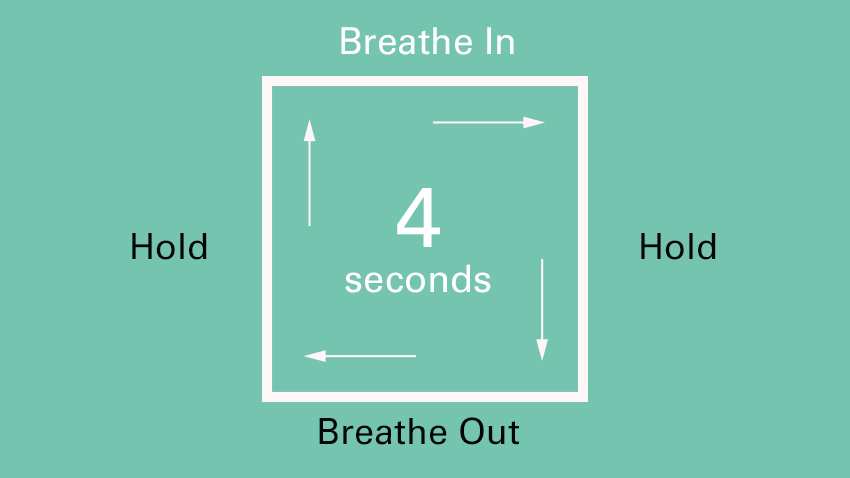
Here’s what will probably happen. Your brain will still be firing off thoughts about whatever it is you’re dealing with. You mentally say, “Okay. What is this?” You look at the thought, acknowledge it, and then you refocus your thoughts on your breathing. More thoughts will come; you do the same thing. You look at it, acknowledge it, and then let it go again.
以下是很可能会发生的情况:你的大脑依旧会不断在产出关于当前问题的各种想法,你内心暗说:“好的,这是什么?”你审视你的想法,承认其存在,然后将注意力集中在呼吸上。更多想法会冒出来,你继续重复着一方法。审视,承认其存在,让其消失。
The more you do it, the easier it will get. However, you may struggle with maintaining that kind of focus for whatever reason. For example, maybe you have ADHD or anxiety, and it’s really difficult for you to stay on a single track for any time at all. It may or may not help. If it’s that severe for you, you will want to get professional help to work on bringing that issue under control.
越是经常这样做,这一过程就会越简单。但出于某种原因,你可能很难会长时间维持这种专注。例如,你患有ADHD或焦虑症,完全无法保持任何时间的专注。这一方法可能也或者对你无用。如果你的情况的确已经是如此严重,那么你可能就需要通过专业人士的帮助来应对这一问题。
It’s perfectly normal to struggle with it. You’re not going to be a master at it by doing it two or three times. You just have to keep doing it. And the interesting thing, at least for me, is how much quieter things got in my head with meditation. Meditation can actually help forge new connections, which improves your brain’s ability to process things.
觉得很难,是完全正常的。你不可能只尝试两三次就能成为这一方面的大师。你只需要继续坚持做下去。有趣的是,至少对我是这样,是冥想可以让大脑中的一切变得多么安静。冥想实际上可以帮助建立新的神经元连接,从而提升大脑处理信息的能力。
Aim for just five minutes.
先将目标定在5分钟即可。
6.Focus on other people for a while.
暂时将注意力聚集在他人身上
There’s an old saying that goes something to the effect of, “The best way to help yourself is to help others.” That can be kind of a loaded statement. Sometimes people use activities like helping other people to completely ignore and avoid their problems. That’s not good. That’s not healthy.
有句古话大意是:帮助自己的最好方法,是帮助他人。这句话有些暗藏陷阱。有时人们会通过帮助他人等活动,来忽视或回避个人问题。这并非有益,也不健康。
However, helping other people can provide a sense of purpose, give you something meaningful to focus on, and get you moving forward on your own path.
So many people struggle with a sense of self and purpose in this crazy world. It’s so much easier to find when you’re walking that path with other people. Serving other people can get you out of your mind and out of those circular thoughts.
但帮助他人可以带来一种目标感,把你的思维聚焦于某种有意义的事情上,让你在自己的道路上继续前行。在这个疯狂的世界中,如此多的人难以找到一种自我感和目标感。当你与其他人同行时,这就会变得简单得多。帮助他人,可以让你走出自己的大脑世界,跳脱出自己的环形思维。
It’s certainly not a replacement for dealing with the very real issues that many face. It’s not going to heal your trauma, control your mental illness, or anything like that. What it will do is give you something meaningful to think about as you step forward into that world and find a way to give back in a way that makes sense for you. It will also help you forge new friendships and relationships with people, leading to greater social support when you really need it.
诚然,对于很多人所面临的实质问题而言,这并非一种替代应对方案。
这不会愈合你的创伤,不会控制住你的精神疾病等,它的作用只是让你去想一些有意义的事,让你找到一种自己看来合理的,回馈他人的方式。它还有助于你形成新的人际关系和友谊,这样在你需要时,就会有更多的社交支持。
Still, if you find yourself struggling with anxious thoughts, maladaptive daydreaming, or you just can’t keep yourself grounded in the present, it would be an excellent idea to talk about your situation with a mental health professional. They can provide tailored advice and mental techniques to bring yourself back to reality and face that reality, whatever it involves.
但如果你发现自己挣扎于焦虑念头,适应不良白日梦中,或无法专注于当下,那么与精神健康专业人士谈论这一情形,将会让你大受裨益。他们能够提供专门针对你症状的个性化建议和技巧,帮助你重回现实/面对现实。
Too many people try to muddle through and do their best to overcome issues that they never really get to grips with. If it’s at all possible in your circumstances, therapy is 100% the best way forward.
很多人在试图客服自身问题时,虽然都是竭尽全力但却毫无章法,徒劳无益。如果可能,那么心理咨询将是100%最佳方案。
You’ve already taken the first step just by searching for and reading this article. The worst thing you can do right now is nothing. The best thing is to speak to a therapist. The next best thing is to implement everything you’ve learned in this article by yourself. The choice is yours.
通过搜索到并阅读本文章,你已经迈出了第一步。现在你的最糟糕行为,就是“无为”。而最佳行为,则是寻求心理咨询师帮助。其次最佳行为,是自己践行本文章中提到的各项内容。一切都取决于你!

